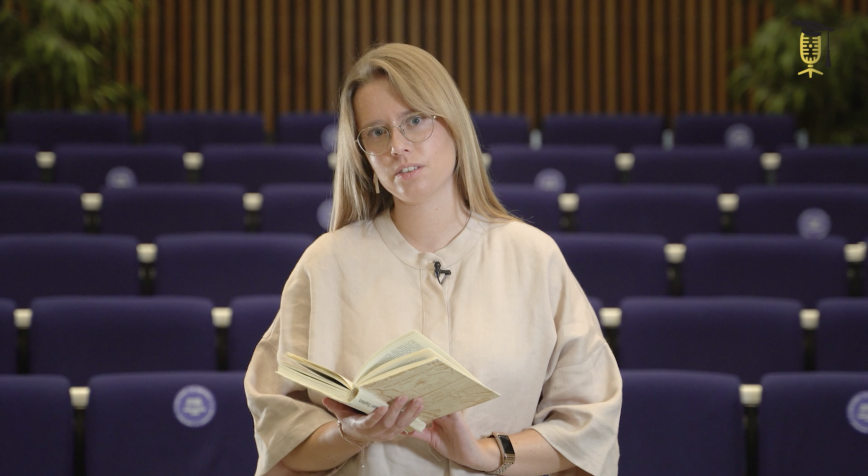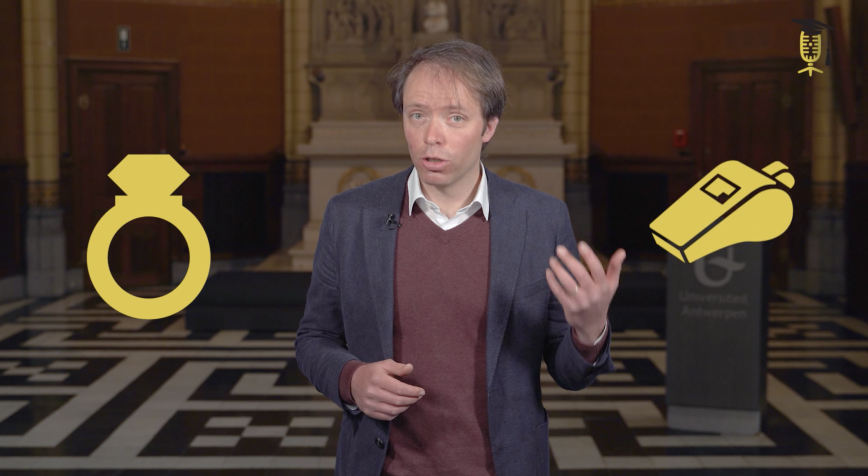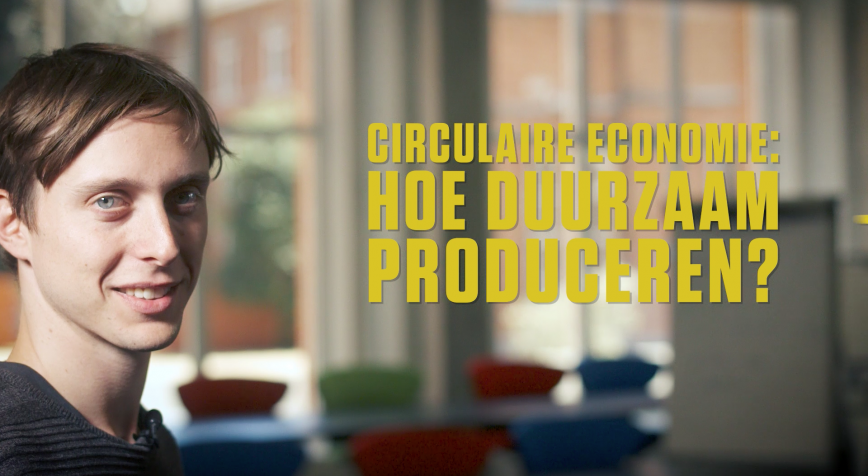
FWO
UAntwerpen
VUB
What diaries teach us about everyday life in the Third Reich
"The cemetery was the place where Jewish life was concentrated at the end. It was the place where people went to sunbathe, children had to play, ..." Literature scholar Annelies Augustyns (VUB - UAntwerp - FWO) studied German-Jewish diaries from WWII for her PhD. These offer a glimpse into the "everyday" life of Jews in the Third Reich.





